Dr. Oz: The Allergy Relief Diet
If you need a break from sniffling and sneezing this spring, consider what's on your plate.
By Dr. Mehmet Oz

Photo: Greg Kessler
Warmer days signal the return of sky-high pollen counts, which send the immune systems of nearly one in 13 Americans into overdrive. The trouble starts when pollen and other allergens are mistaken for harmful foreign invaders and the body gears up to fight, just as it would in response to a virus or bacteria. The immune system releases compounds, including histamine, from cells to indicate that you're under attack, and as a result, you're left with a runny nose, a scratchy throat, and itchy eyes. Fortunately, relief doesn't have to come in the form of a pill. When dealing with chronic health annoyances, I often look to food as medicine; in fact, emerging research suggests that certain fruits and veggies may help ease seasonal symptoms. Mix and match options from my meal plan to eat your way to a sneeze-free spring.

Photo: Thinkstock
For Breakfast: A Veggie Omelet
This A.M. meal is all about what you add: Asparagus and onions are rich in flavonoids, which, studies suggest, may help block the release of histamine. Top it with rosemary or sage, two herbs that contain rosmarinic acid; one preliminary study found that people who consumed a supplement enriched with the acid reported greater relief from itchy eyes than those who received a placebo.
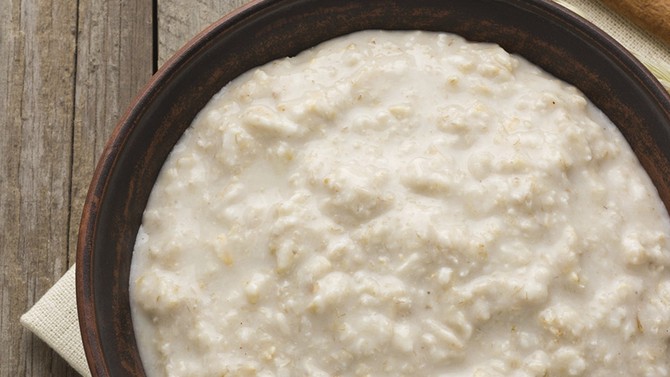
Photo: Thinkstock
Or... Oatmeal
Not only are oats a speedy breakfast option, but they're also a surprising source of certain potentially allergy-soothing compounds called avenanthramides, which one study found to have as potent an antioxidant effect as vitamin C.
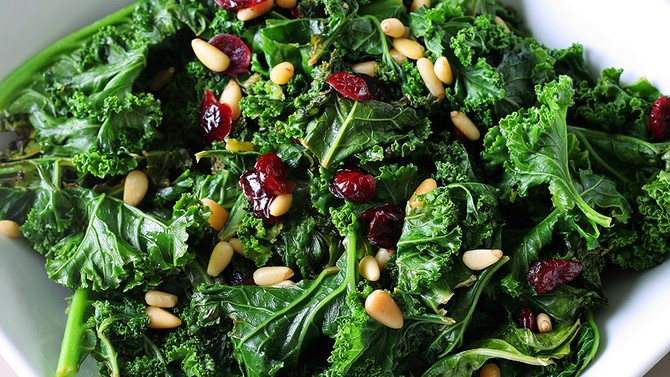
Photo: Thinkstock
For Lunch: Kale Salad
Pile on the leafy greens. Kale's antiallergic superpowers come from its high levels of quercetin, an antioxidant that has been shown to prevent immune cells from releasing histamine—possibly stopping an allergic reaction before it starts.
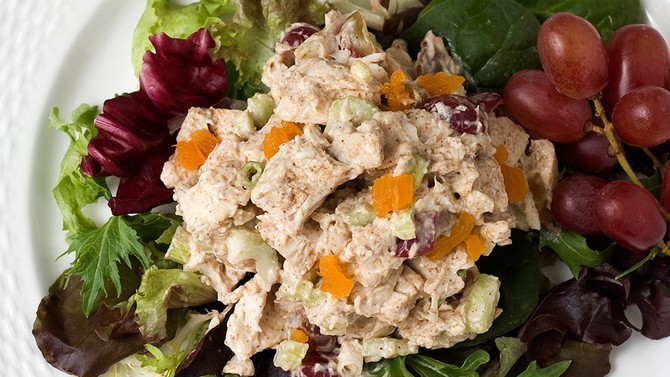
Photo: Thinkstock
Or... Chicken Salad with Grapes and Ginger
Not on team Kale? Don't sweat it. Grapes are another source of quercetin that may help ease your sneezing. and according to lab studies, ginger may be an allergy blocker, too. Drizzle a little ginger dressing on your salad for an added benefit.

Photo: Thinkstock
For a Snack Break: Carrots
A study in the journal Public Health Nutrition found that people who had more carotenoids in their blood were less likely to experience hay fever. Carrots are a rich source of the compound.
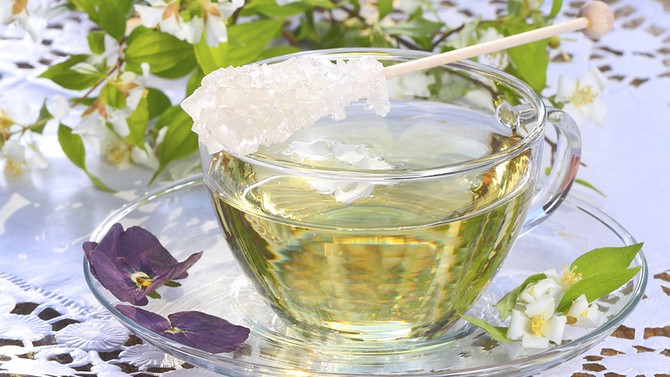
Photo: Thinkstock
Or... Green Tea
Trade in your afternoon coffee for this brew—it's loaded with the chemical compound EGCG. While often hailed for its cancer-fighting abilities, EGCG may also block cells from producing histamine, according to a 2012 study.
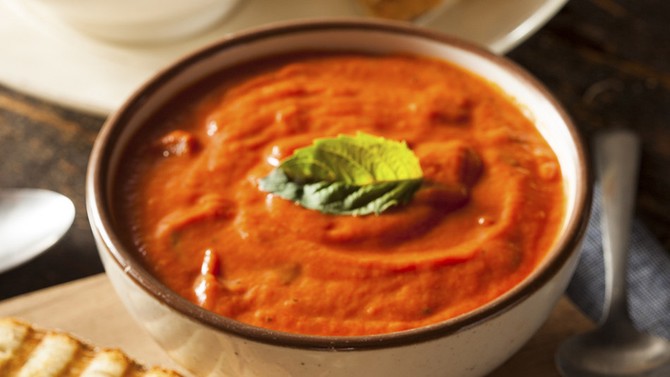
Photo: Thinkstock
For Dinner: Soup with Grilled Cheese
Your sinuses will thank you for a comforting bowl of soup, which can ease congestion. If you want to add grilled cheese, use Jack instead of Cheddar. Long-aged cheeses tend to be rich in dietary histamine, which may trigger a reaction and leave you feeling even worse.

Photo: Thinkstock
Or... Fish and Veggies
One German study suggests that a high intake of both vitamin e—asparagus, spinach, and broccoli all are good sources—and a certain type of omega-3 fatty acid known as EPA, found in fish like salmon and herring, may have a protective effect against hay fever. Combine the two for a filling allergy-fighting meal.
Mehmet Oz, MD, is the host of The Dr. Oz Show (weekdays; check local listings).
Mehmet Oz, MD, is the host of The Dr. Oz Show (weekdays; check local listings).
Published 04/15/2014

